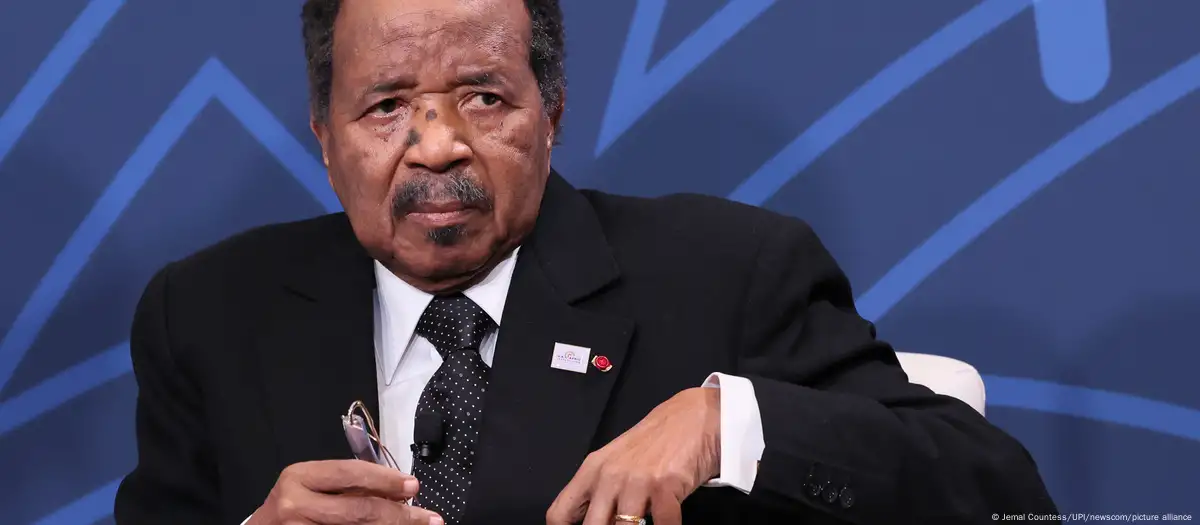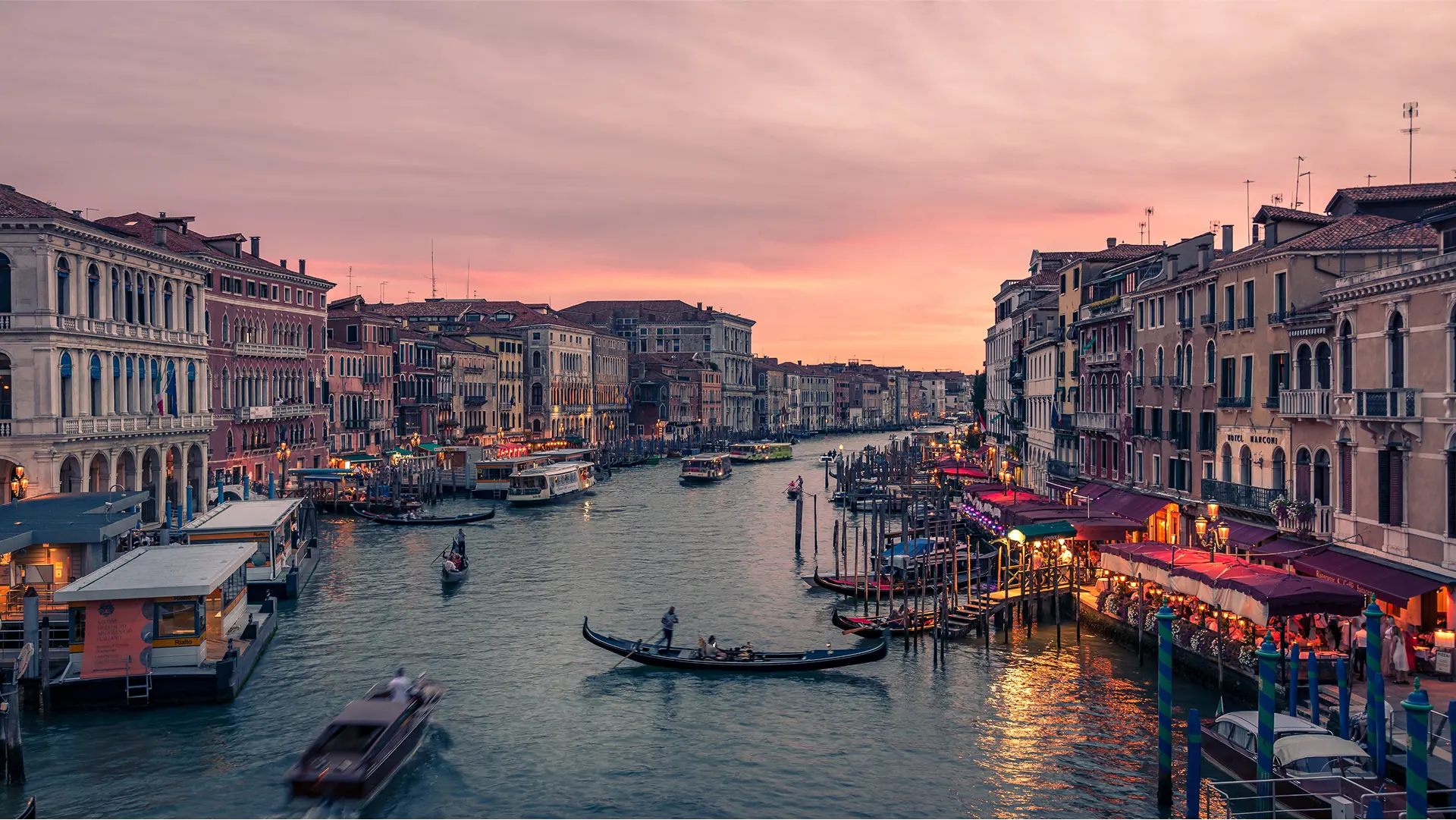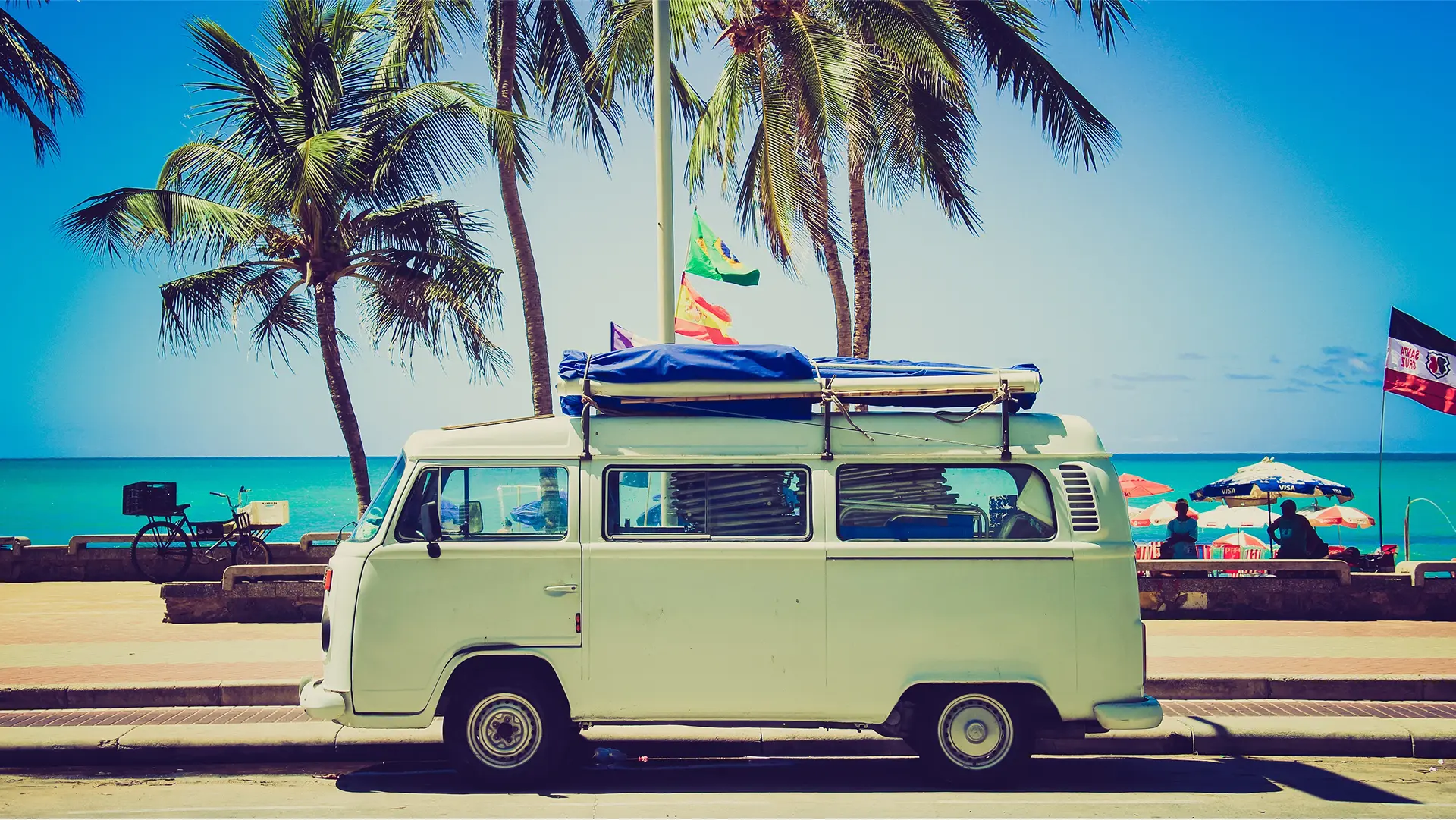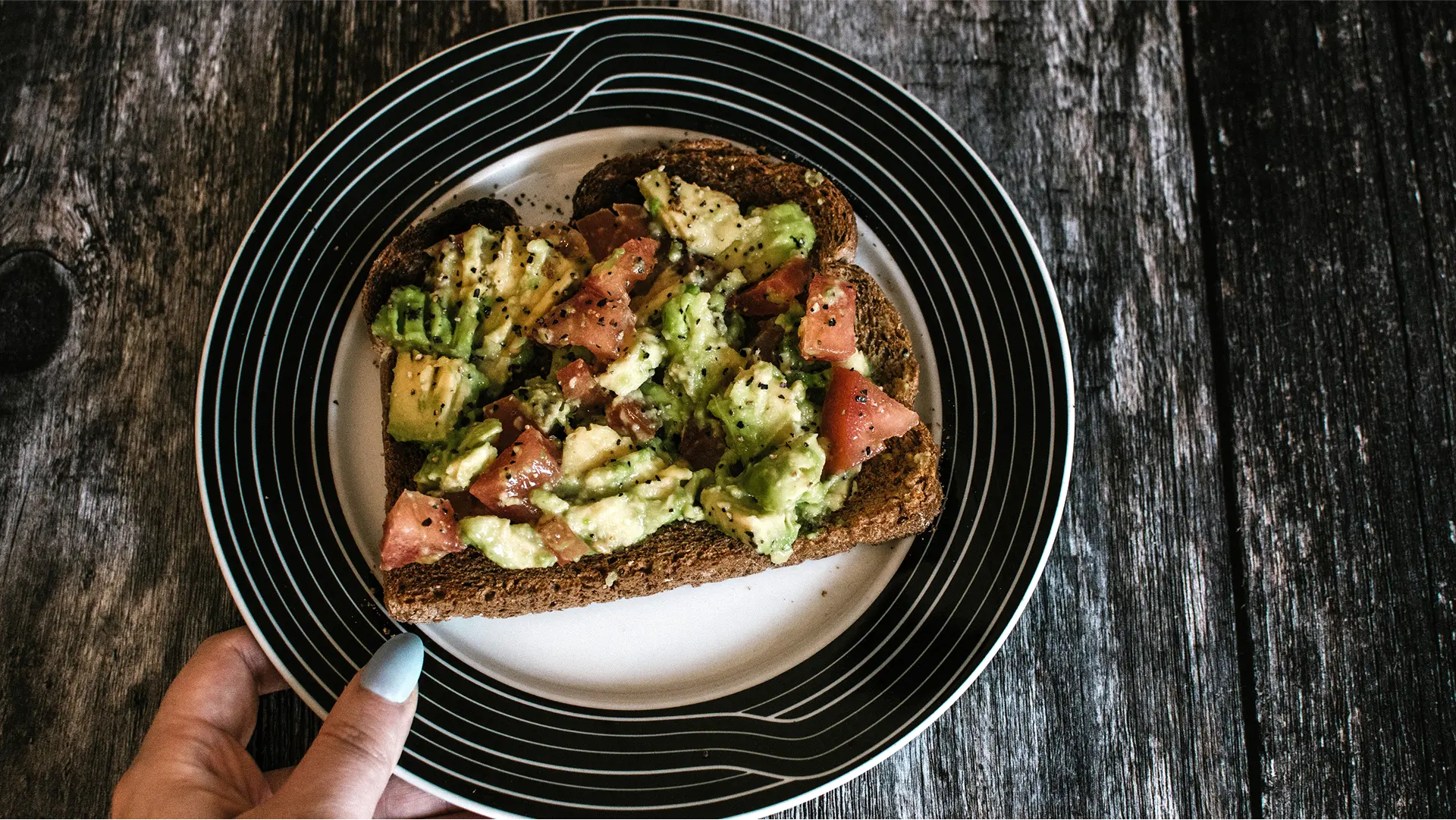
onews
In just under four months, Cameroonians at home and abroad will go to the polls to elect a new President to head the country’s destiny. The October 2025 elections is coming at a time when the Central African country is facing numerous challenges ranging from economic to security. As the D-day approaches, many are still in limbo as to whether Mr. Paul Biya, the 92 year old incumbent, will be seeking re-election for an umpteenth time after spending 43 years as President.
Fragile Electoral Context
While one of the major uncertainties revolve around the participation or not of the incumbent, Paul Biya, in the upcoming elections, many Cameroonians are still wondering as to whether the country can sail above several hurdles which include but not limited to security, integrity, legitimacy and turnout, to organize a peaceful and free and fair elections come October 2025.
Security: The ongoing armed conflict in the Northwest and Southwest Regions of Cameroon which has caused the displacement of over one million people, and the death of several hundreds of thousands,has been considered by several international organizations including the World Food Programme, WFP, as one of the world’s most neglected conflicts. This conflict, coupled with the Boko Haram terrorist insurgency in the Far North Region, continues to cause widespread insecurity and displacement, and the major question on every mind is to whether any elections in these Regions will be possible or be considered credible.
Institutional and Political Tensions: While opposition and civil groups continue to call for systemic reforms, warning of electoral manipulation and diminished freedom, ELECAM, Cameroon’s Election Commission, is being pressured to adopt reforms that will withstand systemic biases, in order to guarantee a free and fair elections.
On the other hand, Biya’s once unassailable camp faces internal fractures. While some of his main political allies like Issa Tchiroma Bakary, former Minister of Employment and Vocational Training, and Bello Bouba Maigari, current Minister of Tourism and Leisure, have officially declared their candidacy for the upcoming elections, some of his party’s big wits have chosen the legal route in a bid to disqualify any candidacy from Paul Biya to run as the candidate for the ruling Cameroon People’s Democratic Movement (CPDM) party. There is also very divergent voices in the inner circle of power as to whether Mr. Biya will be a candidate or not in the upcoming elections; while Réné Sadi, Minister of Communication and government spokesperson, declared on a French news media that it was a 50/50 chance for President Biya to be a candidate in the upcoming elections, Professor Jacques Fame Ndongo, Minister of Higher Education and Communication Secretary of the ruling CPDM party, completely rubbished his colleague’s declaration on the same French media, this time, declaring that the 92 year old Biya is 100% the ruling party’s candidate for the upcoming October 2025 elections.
Legitimacy: At 92, President Biya will be seeking for a new seven year term as Cameroon’s Head of State (if he declares his candidacy); he will be 99 years old by the time he completes the new term of office (if he’s reelected). Many Cameroonians have expressed concerns about the incumbent’s capacity to lead the country in these very challenging times, and there have been calls for him to step down. In this context, many will be tempted to question the legitimacy of an election with a 92 year old man contesting for the presidency of a country that is currently plagued with so many problems that necessitates a hands-on leader to attempt to sail the ship to quiet waters.
Turnout: The opposition is working hard to mobilize the Cameroonian youths, who make up over 65% of the country’s electorate, to consider this year’s election as the turning point towards a better and more prosperous Cameroon; Maurice Kamto, the country’s main opposition leader, even declared in one of his political rallies in France, recently, that, if the country does not witness a change of regime after the 2025 elections, it will be entirely the fault of it’s youths. Youths from within the country and the diaspora have therefore been mobilizing towards not just the voting but also the control of their votes in a bid to increase electoral vigilance and prevent fraud.
Cameroon’s 2025 Presidential election stands at a tense inflection point. Faced with internal party conflicts, militant insecurity, the growing interest of youths in the electoral process, and rising opposition momentum, this electoral cycle could either redefine the country’s democratic trajectory, or further entrench its current reality.





